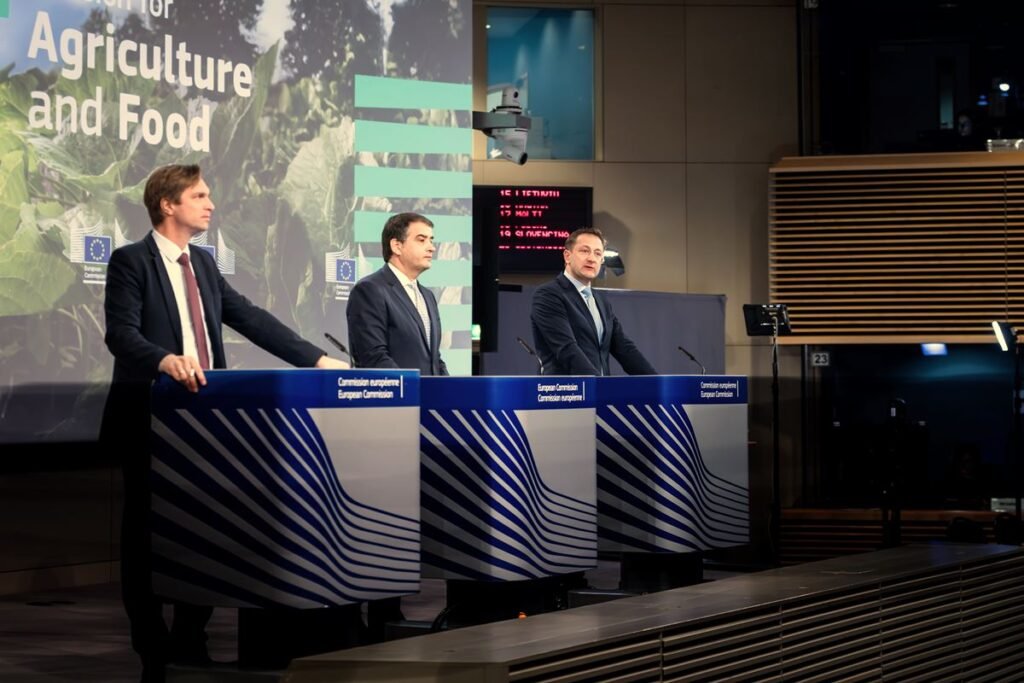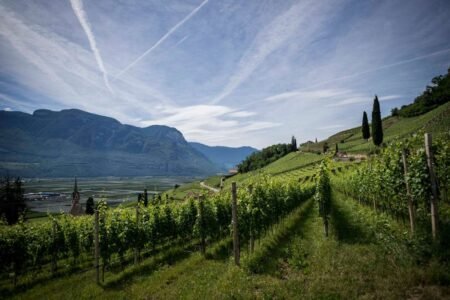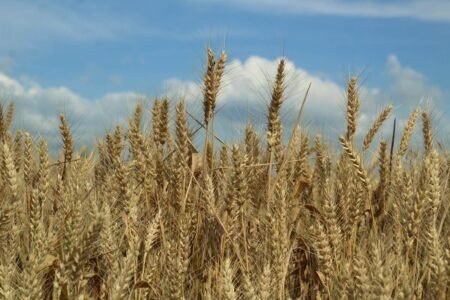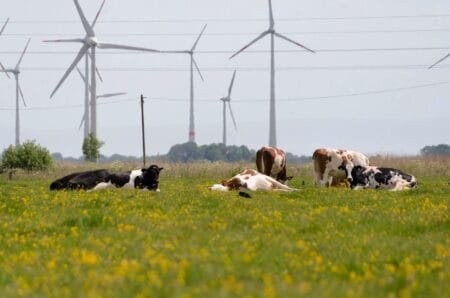The EU Commission presented a roadmap for the future of farming and food in Europe Wednesday, setting the stage for a ‘competitive and fair agri-food system for current and future generations of farmers and agri-food operators’.

The vision put forward by the Commission simplifies EU policies with a view to increasing the uptake of innovation and digitalisation. Later this year, the Commission is due to propose a comprehensive simplification package for the current agricultural legislative framework, along with an EU digital strategy for agriculture to support the transition to digital-ready farming.
“The roadmap we are presenting today sets out the path for tackling the many pressures that EU farmers face,” said Agriculture Commissioner Christophe Hansen: “It will make the sector more sustainable and help agriculture to remain an attractive and remunerative sector so that enough young people join the profession. And it will allow agriculture to continue playing a full part in the EU’s efforts to combat the effects of climate change.”
The Vision outlines four priority areas:
- A more attractive sector will encourage young people to enter the profession, with fair incomes and better-targeted public support. The Commission commits to ensuring that farmers are not forced to systematically sell their products below production costs. A review of the Unfair Trading Practices Directive is inthe offing, as well as a Generational Renewal Strategy, with recommendations on measures to address the barriers to young and new people entering the profession.
- Making the sector more competitive and resilient, with trade negotiations and agreements used to their full extent, while protecting the interests of European farmers. The vision responds to requests for a stronger alignment of production standards for imported products to guarantee that the EU’s ambitious standards do not lead to competitive disadvantage, while in line with international rules. The EU executive is to start taking steps to assess the impact of greater coherences in standards when it comes to the hazardous pesticides banned in the EU and on animal welfare. The Commission will reinforce a focus on livestock to foster the long-term future of the sector.
- Making the sector future-proof, recognising the need to reconcile climate action with food security and the specific challenges faced by the sector. The Commission will consider further ban on the use of pesticides if alternatives are not available in a reasonable time and will streamline access to biopesticides in the EU market. The Commission will also develop a voluntary benchmarking system, the ‘on-farm sustainability compass’, to help farmers measure and improve their farm-level performance. A Water Resilience Strategy will also be prepared to address the pressing need for more efficient water uses.
- Finally, the Commission will come forward with an updated Rural Action Plan to ensure that rural areas remain vibrant, functional, and deeply linked to the EU’s cultural and natural heritage. An annual Food Dialogue will be launched with a broad range of actors, including consumers, farmers, industry and public authorities to find solutions for issues such as food affordability and innovation.
Looking ahead, the Commission says the future common agricultural policy (CAP), as part of the upcoming MFF proposal, will be simpler and more targeted, with support more directed towards farmers who actively engage in food production, with a particular focus on young farmers and those farming in areas of natural constraints. Incentives, rather than conditions, will be favoured.
Questions and answers on the Vision for Agriculture and Food







